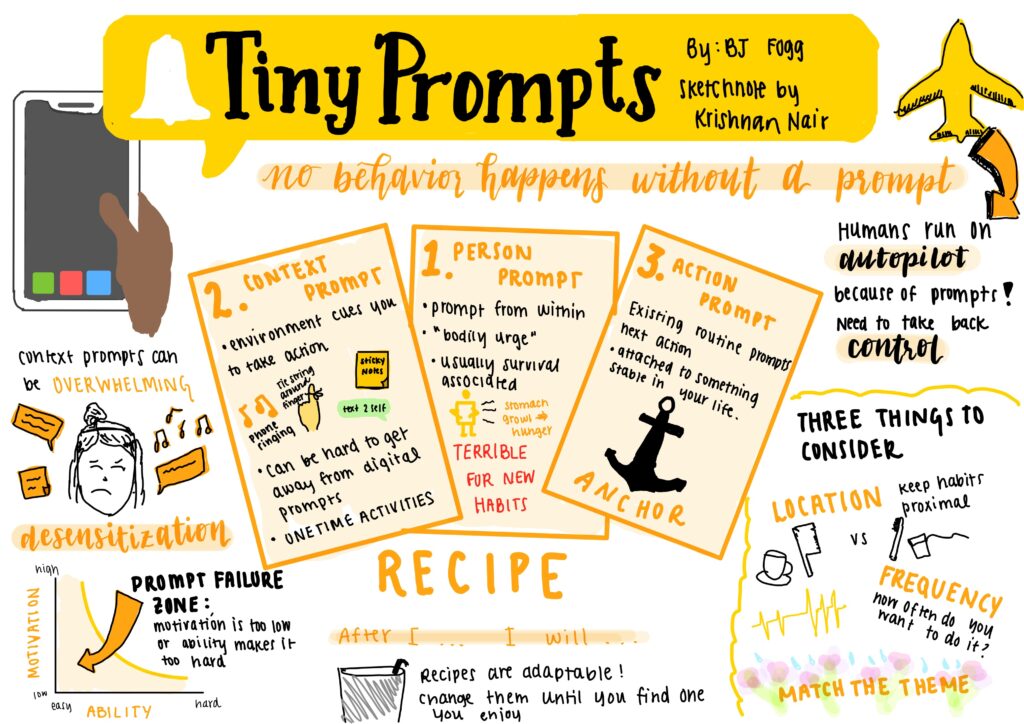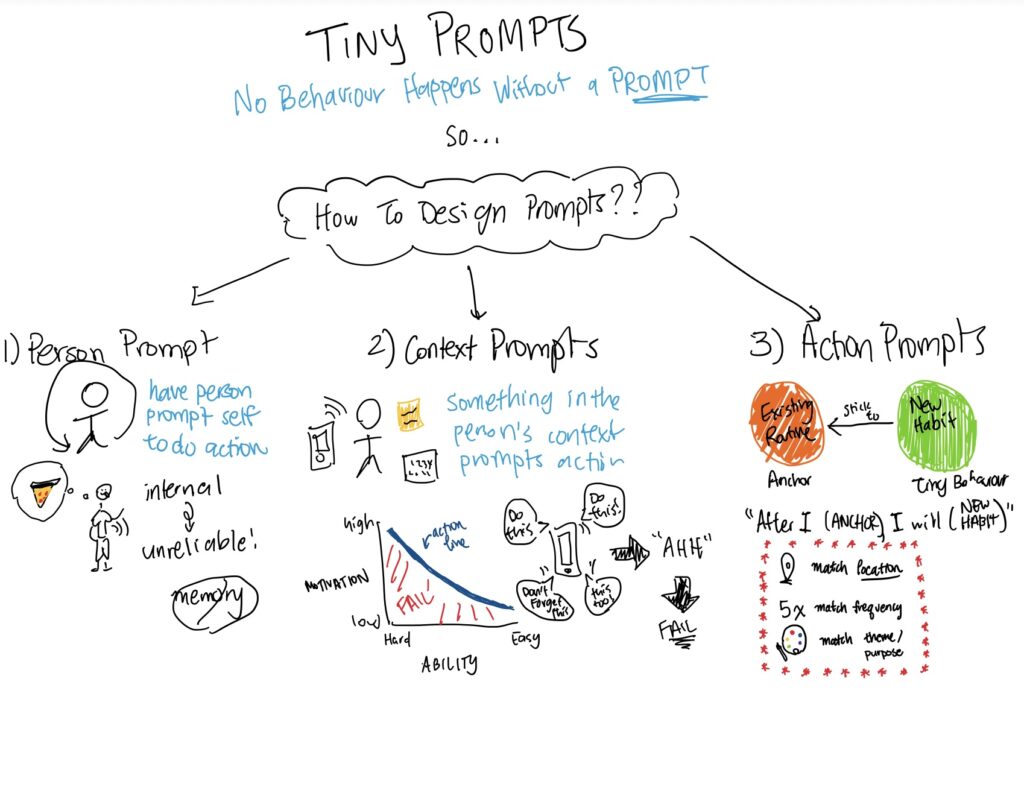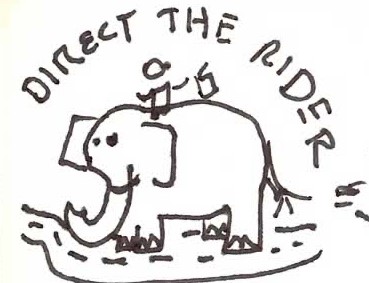Taking CS 247B marked the start of my journey into the world of human-computer interaction in the context of exploring how design impacts human behavior and societal norms. This course was an experience that pushed me to explore the profound effects of design on individuals and society as a whole.
Before taking CS 247B, my view of design was quite limited, focusing mainly on how things look and work. However, as I progressed through the course, my perspective shifted. I became fascinated by how design could drive changes in behavior, both in positive ways for the good of the user and negative ways with manipulation. This course offered me a chance to deepen my understanding of the power and ethical aspects of design, presenting exciting challenges along the way.
The combination of knowledge and hands-on experiences in the course was very well-executed and engaging. Engaging activities like class interviews and ethics discussions increased my appreciation for empathetic design and emphasized the crucial role ethics play in our design decisions. These experiences reshaped my view of design as a tool for tackling human and societal issues. In my experience, visits to Costco highlight how design can shape behaviors, showing the impact of design in a way that resonated with my own observations and insights from the course.
During my time in CS 247B, I also learned tools and techniques that greatly enhanced my approach to design and interviews. Before CS 247B, I also thought I had a good grip on conducting needfinding interviews and didn’t think there was a huge amount to learn, however, I was pleasantly surprised by skills I developed during the quarter such as learning how to build rapport with an interviewee. Methods like asking ‘grand tour’ questions during interviews were very useful, allowing me to explore user experiences deeply and uncover insights I might not have gotten if I had just read off a list of questions. These skills, along with exercises such as studies and intervention studies, not only expanded my knowledge but also made me more aware of the ethical considerations that come with our work as designers. The importance of the Hawthorne effect was crucial in our research because participants were often self-conscious about their spending and shopping habits. This highlighted the challenges of capturing user experiences since participants’ responses could be influenced by their awareness of being part of a study, sometimes leading them to act differently from their usual behavior or true feelings.
The development phase of our project provided an opportunity to address ethical dilemmas head-on, such as finding a balance between innovation and ethical responsibility. We encountered challenges, like mitigating the risk of encouraging consumption and navigating the complexities of protecting user privacy, especially since our app contains people’s shopping history and images. These experiences highlighted the importance of design thinking, emphasizing the responsibility we hold as designers to make thoughtful, ethical choices.
When creating Mirror, while we did consider ethical questions around user privacy and data protection a priority, I think we could have explored using design to communicate with users about how we plan to safeguard purchase histories and outfit images against misuse by retailers.
One change we did implement however was expanding our user profiles to accommodate a wider range of demographics, enhancing the impact and relevance of our project to the general population.
Other ethical considerations prompted us to reevaluate our strategy with the mindful shopping prompts and item utility scores, trying to avoid causing users to focus on item usage rather than perceived value or comfort. This shift led us to emphasize positive instead of negative reinforcement and create an enjoyable, yet mindful shopping experience. Our aim was to encourage mindful, informed consumption through a shopping experience that prioritizes user satisfaction and informed decision-making.
These initiatives highlight the significance of a design approach that values privacy, diversity, and ethical implications. Going forward, these principles will continue to help guide my future design project towards upholding standards of privacy, inclusivity, and empowerment.
My journey through CS 247B did not just enhance my toolkit with new tools and techniques; it also instilled in me a readiness to embrace challenges with an ethical perspective. It taught me the importance of considering user well-being, privacy, and inclusivity from the onset of a project, reflecting a deep commitment to responsible and impactful design.
Reflecting on my CS 247B experience, I’m inspired to leverage design for transformative change, a perspective enriched by the course’s insights. The class has deepened my understanding of design principles, fostered empathy towards others as a designer, and dedicated me to prioritizing societal well-being in my work. This experience helped me improve my abilities and ethical mindset with the goal of developing inclusive solutions. Looking ahead, I am inspired to use design as a tool for promoting positive change.



